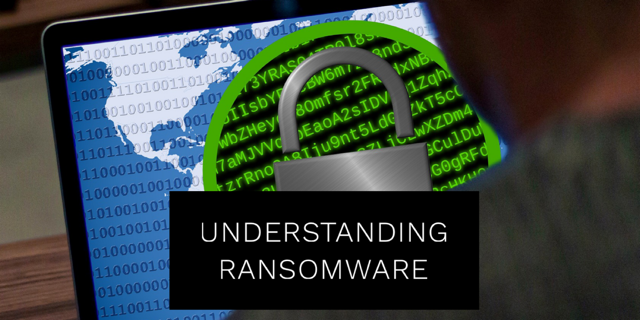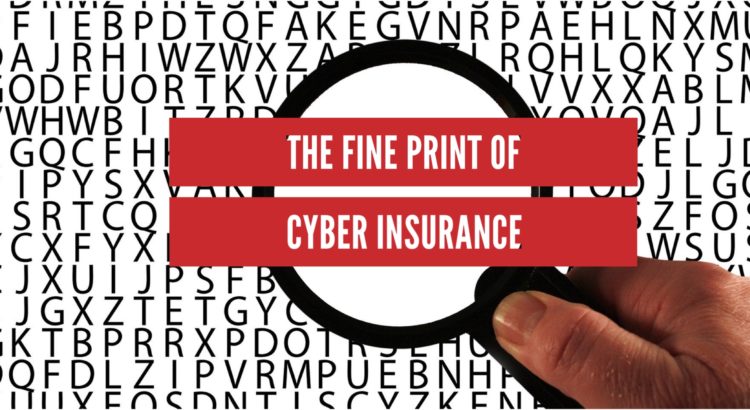Ransomware is a malware attack that uses a variety of methods to prevent or limit an organization or individual from accessing their IT systems and data, either by locking the system’s screen, or by encrypting files until a ransom is paid, usually in cryptocurrency for reasons of anonymity.
By encrypting these files and demanding a ransom payment for the decryption key, the malware places organizations in a position where paying the ransom is the easiest and most cost-effective way to regain access to their files. It should be noted, however, that paying the ransom does not guarantee that users will get the decryption key required to regain access to the infected system or files.
Read More
